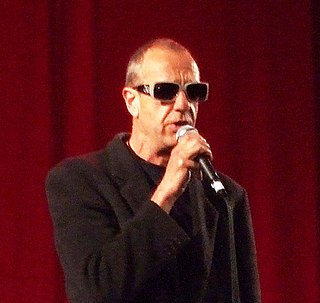A Quote by Shane Carruth
'Pierrot le Fou' is something I keep coming back to. It's so surreal but still really engaging - it proves narratives within narratives are a landscape that can be pursued well.
Related Quotes
Generally, I start by observing the existing and popular narratives in my social spheres and media, and the pressures I face in my own life experiences. As someone who is "newly" trans, I am constantly thinking about what the dominant narratives are around transness, how my work can push against these narratives, and how it already falls into these traps.
The future of narrative? Built in, part of the human template. Not going away. The future of the codex book, with pages and so forth? A platform for transmitting narratives. There are others. The scroll is coming back (Twitter is a scroll.) Short forms are returning online. Interactivity is coming back; it was always there in oral storytelling. Each form has its pluses and its minuses.




































